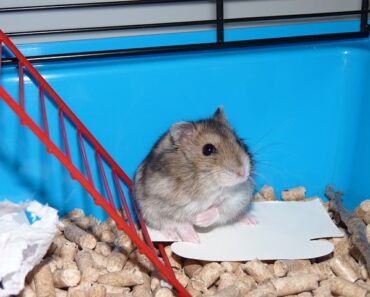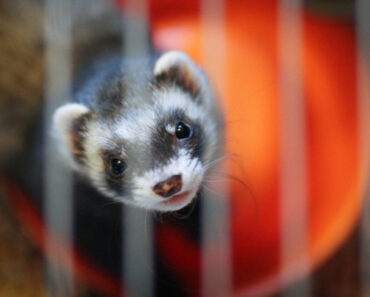Although in general it is necessary to reject any type of unnecessary surgery, it should be noted that in ferrets, sterilization is a necessity. Sterilization includes techniques that prevent the animal from reproducing without removing the gonads, but this type of technique does not solve any of the problems for which ferrets need to be sterilized. Spaying refers to the sterilization of the animal by removing the gonads as well as some other components of the reproductive tract (e.g., ovariohysterectomy).

Why spay or neuter your ferret?
The causes that make spaying and neutering essential in the case of ferrets are the following:
- To avoid hybridization with polecats in case of escape. Despite what is said or read, there are established wild ferret populations in some areas. This would not be a problem if they were not able to interbreed with polecats resulting in fertile hybrids. This hybridization can lead to the extinction of wild ferret populations as a result of hybridization.
- Unneutered animals are much less docile than those that have been neutered, especially males. An unneutered male will violently attack other ferrets and even their guardians. Due to the particular physiological characteristics of females, they stay in heat until they are covered, which can lead to their death due to severe withdrawal, so if we do not want to breed them, it is essential to spay the females.
- Finally, there is the issue of odor. Spayed or neutered animals, especially males, have a less intense odor than “whole” animals.
At what age is sterilization recommended?
Females can be spayed at 4 to 6 weeks of age and two weeks after heat. If done early, they are more likely to suffer from hyperadrenocorticism. This condition is different from that of the dog: the adrenal glands in ferrets generate excess estrogen, not cortisol as in the female dog. This is why the neutered female ferret would show symptoms of hyperestrogenism.
Some advice
Before the operation, fasting should be taken into account, since the ferret will undergo surgery and therefore anesthesia. Fasting in ferrets does not have to be as high as in other types of animals, it is sufficient to keep him without food for four hours before the operation.
After the operation, the ferret may have a low temperature, so it is necessary to keep it in a warm place to maintain an adequate temperature. It is also important to keep him in a cage that is not level. Once at home, offer him a rich and nutritious porridge and to make the digestion lighter after leaving the anesthesia. Finally, recovery after surgery is usually quite quick, especially in males.






